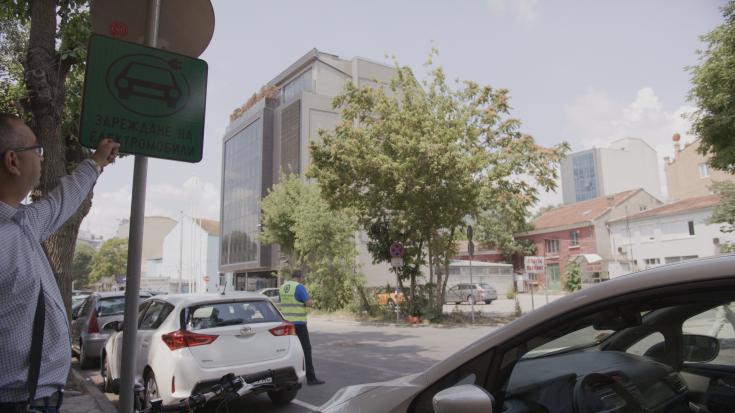Another mile towards greener tourism

Let’s continue our nice series of articles about project results. This week we propose to focus on low-carbon economy.
You can find much inspiration amongst our 60 projects working on this topic but today we are happy to highlight the story of the project LAST MILE.
LAST MILE turns trips greener
The LAST MILE project aims to find local solutions to make sure that tourists travel in a sustainable way until the very “last mile”. They also want to provide an alternative to cars for residents.
Watch the story of one of LAST MILE project partner in Varna.
What did they achieve?
The region of Varna inspired by the exchanges with other European regions managed to integrate a flexible transport systems in their Regional Plan and Sustainable Urban Mobility Plan.
The project helped create 25 new green jobs and launch seasonal electric minibus lines. They have had quite an impact on tourism too, visitors’ numbers to Byala have increased by over 10% since 2014.
How?
The inspiration came from good practices discovered through visits and exchanges with their partners:
- In Austria they picked up the idea of information boards to explain how to use the shuttle to get to the village of Werfenweng.
- Poland inspired them with their eco-trains for tourists showcasing the example of their seaside narrow gauge railway in Rewal Municipality.
- In Spain they found a nice alternative to cars in rural areas with a train on demand that goes from Leida to la Pobla de Segur.
What is next?
Interested in more results on low carbon economy? We will post more this week, stay tuned!
- Financing energy efficient buildings
- Greener houses to reduce energy poverty
- Developing sustainable mobility in Europe
- Guiding regions through renovation of public buildings
- Using energy is a smarter way
Check also our previous series on research and innovation starting with the project RESET and on SME competitiveness with the project RAISE!
Cooperation has more stories to tell…. Check our webdocumentary to see what happens when people work together all across Europe.